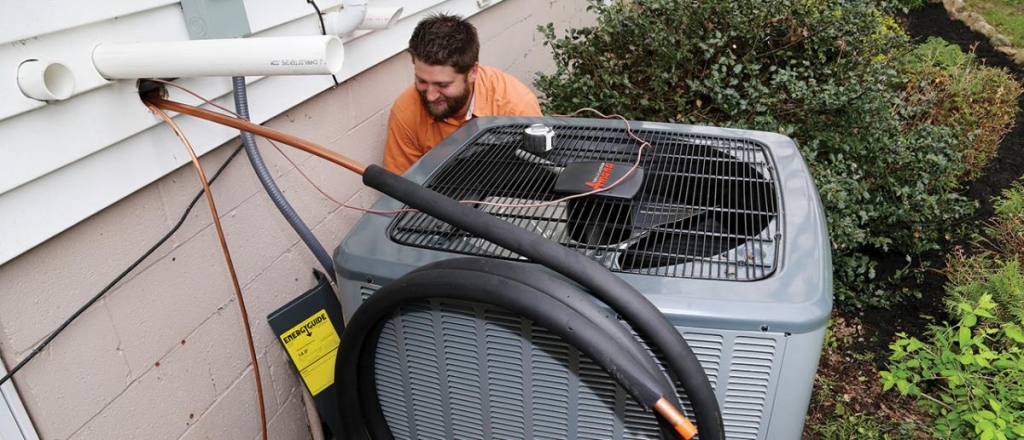
Expert Solutions for Home HVAC Repair
Maintaining a comfortable and climate-controlled home relies heavily on the functionality of your HVAC (Heating, Ventilation, and Air Conditioning) system. When issues arise, it’s essential to address them promptly to ensure optimal performance. Let’s explore expert solutions for home HVAC repair to keep your living spaces comfortable year-round.
Diagnosing Common HVAC Problems
The first step in home HVAC repair is identifying the issue. If your system is not heating or cooling effectively, it could be due to various factors such as a malfunctioning thermostat, clogged filters, or issues with the blower motor. Conduct a thorough inspection to pinpoint the root cause before proceeding with repairs.
Cleaning and Replacing Air Filters
Clogged or dirty air filters can significantly hinder HVAC performance. Regularly cleaning or replacing air filters is a simple yet effective solution. Dirty filters restrict airflow, making your system work harder and consuming more energy. This maintenance task not only improves efficiency but also contributes to better indoor air quality.
Calibrating and Upgrading Thermostats
An inaccurate thermostat can lead to temperature discrepancies and discomfort. Calibrate your thermostat to ensure it accurately reflects the temperature in your home. Consider upgrading to a programmable thermostat for better control over heating and cooling schedules. This small investment can result in significant energy savings over time.
Inspecting and Lubricating Moving Parts
HVAC systems consist of various moving parts that can wear down over time. Regular inspection and lubrication of components like blower fans and motors can prevent friction, reduce energy consumption, and extend the lifespan of your system. Consult your HVAC manual for guidance on proper lubrication techniques.
Checking Refrigerant Levels
Inadequate refrigerant levels can impair your HVAC system’s ability to cool effectively. If you notice diminished cooling performance, it’s essential to check for refrigerant leaks and recharge the system if necessary. Handling refrigerants requires expertise, so it’s advisable to consult with a professional HVAC technician for this task.
Clearing and Cleaning Ductwork
Blocked or dirty ducts can impede airflow and reduce the efficiency of your HVAC system. Regularly inspect and clean ductwork to remove dust, debris, and potential blockages. This not only improves air circulation but also ensures that conditioned air reaches all areas of your home, maintaining consistent comfort levels.
Addressing Electrical Issues
Electrical problems can disrupt the functioning of your HVAC system. Check for tripped circuit breakers, faulty wiring, or issues with the capacitor. Due to the complexity of electrical repairs, it’s advisable to enlist the services of a licensed HVAC technician to ensure safety and proper resolution of electrical issues.
Sealing and Insulating Ducts
Leaky or poorly insulated ducts contribute to energy loss and reduced HVAC efficiency. Seal any visible leaks using duct sealant and insulate ducts in unconditioned spaces like attics and basements. Properly sealed and insulated ductwork ensures that conditioned air reaches its destination without unnecessary energy wastage.
Routine Professional Maintenance
While there are several DIY tasks you can perform to maintain your HVAC system, routine professional maintenance is crucial. Schedule annual inspections and tune-ups with a qualified HVAC technician. Professional maintenance helps identify potential issues before they escalate, ensuring the longevity and efficiency of your system.
Home HVAC Repair: A Link to Reliable Solutions
For more in-depth guidance on home HVAC repair and expert solutions, visit Home HVAC Repair. Explore a wealth of resources, tips, and professional advice to address common issues and keep your HVAC system running smoothly. Don’t let HVAC problems compromise your comfort – take proactive steps to ensure a well-functioning system year-round.
